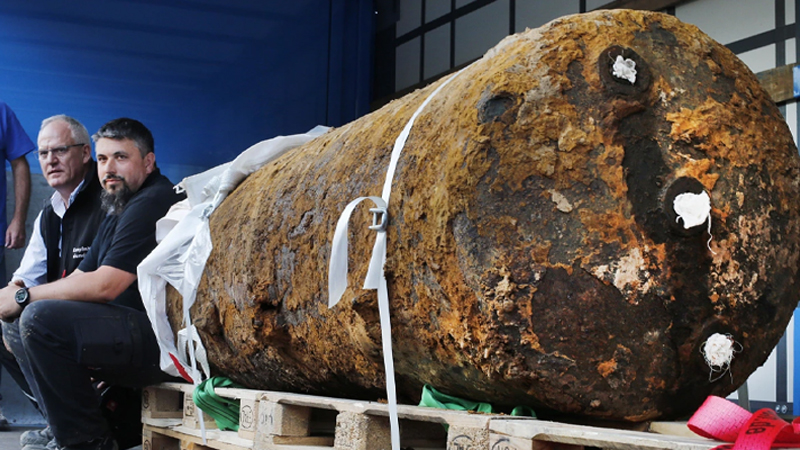South Korea has lodged a serious accusation against North Korea, alleging the northern neighbor of engaging in a provocative act by sending numerous balloons across the heavily fortified border. The balloons were reported to be dropping objects that included trash and even excrement, raising concerns of potential health hazards and escalating tensions between the two Koreas.
According to South Korean military sources, more than 150 balloons were detected crossing the border by Wednesday, with some landing on the ground while others remained airborne. The objects were promptly collected and inspected by military units specialized in explosives ordnance and chemical and biological warfare response.
The incident prompted authorities to issue alerts urging residents to steer clear of the objects and report any sightings to the authorities. Photographs released by the South Korean military depicted inflated balloons with plastic bags attached to them, alongside images showing trash scattered around deflated balloons, with the word “excrement” visibly inscribed on one of the bags.
This recent escalation follows North Korea’s vice defense minister’s statement on Sunday, in which Pyongyang vowed to retaliate against what it called South Korea’s dissemination of “dirty things” across the border. North Korea has long been sensitive to the inflow of information, especially those critical of its regime, often taking aggressive measures to counter such efforts.
The use of balloons as a means of communication and agitation is not new to the Korean peninsula. South Korean activists, including North Korean defectors, have frequently deployed balloons carrying leaflets, USB memory sticks with K-pop music videos, and information about life in the democratic South. These actions have often incited anger from North Korea, leading to sporadic tensions along the border.
In response to previous balloon launches, South Korean governments have attempted to curb such activities, citing concerns for the safety of residents near the border. However, a ban on balloon launches imposed in 2021 was later overturned by the country’s top court, which deemed it unconstitutional, arguing that it infringed upon freedom of speech.
Analysts like Peter Ward, a research fellow at the Sejong Institute, view these balloon launches as a form of “grey zone tactics” that pose fewer risks of military escalation compared to overt military actions. Nevertheless, the continued tit-for-tat exchanges between the two Koreas underscore the persistent tensions and fragile peace on the peninsula.
As both countries maintain large militaries poised along the border, any provocation, no matter how seemingly minor, has the potential to reignite hostilities and destabilize the region. The recent balloon incident serves as a stark reminder of the volatile nature of inter-Korean relations and the challenges in achieving lasting peace.











Leave a Reply